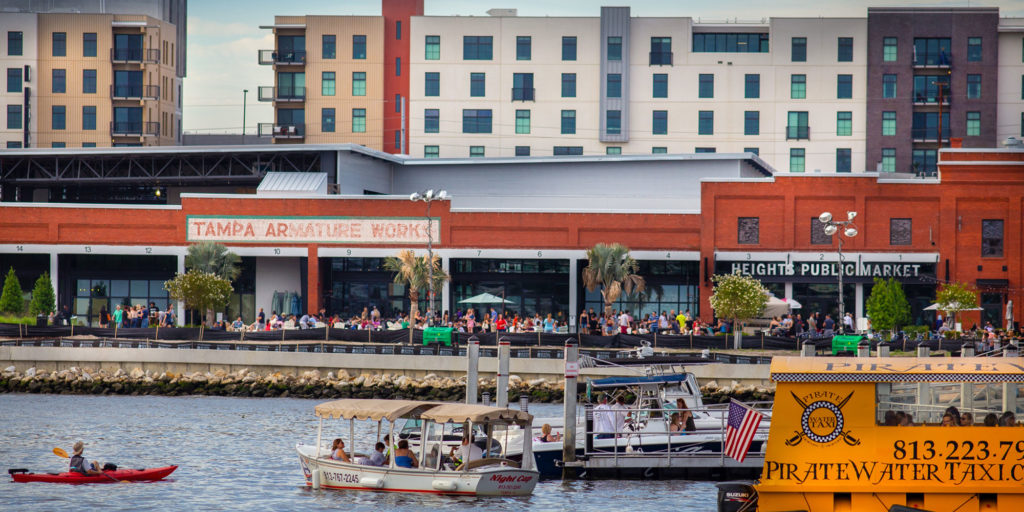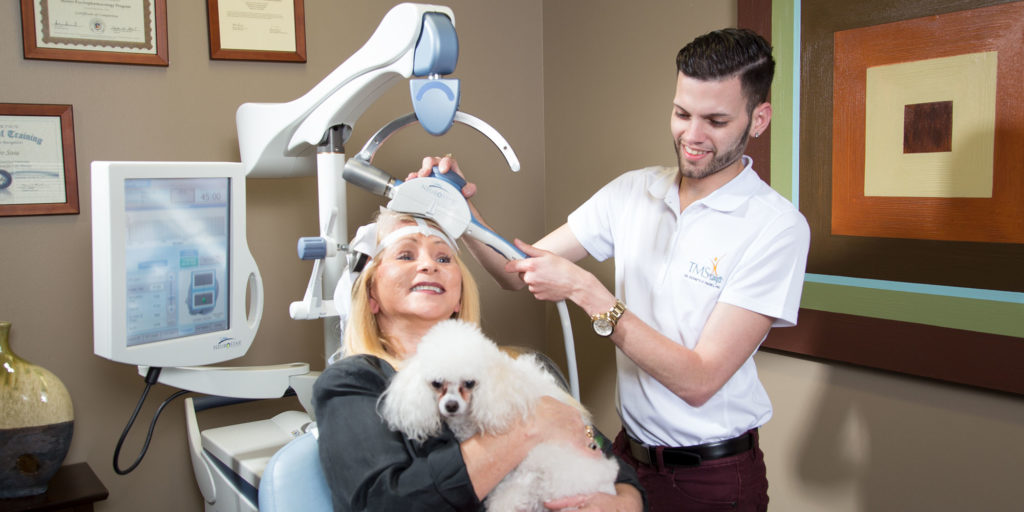Living here in Tampa has likely spoiled most of us — we get to enjoy lovely temperatures and cloudless skies that most people across the country only get to experience a couple of months of the year. Seasonal affective disorder is real, and to be honest, it might be the reason many of us have chosen to live here: to beat the gray skies, dismal temperatures, snowy winter months and winter blues that plague other parts of the country. But what a lot of us often forget is that despite this beautiful weather we are surrounded by, many among us are suffering from depression. Reverse seasonal affective disorder is real too — linked to too much sunlight, unbearable heat and disrupted schedules from vacations and longer days. The good news is that there’s proven ways to beat this sort of depression (and others) without prescription medication.

What is Depression?
If you or a loved one are experiencing symptoms like persistent sadness, or anxious mood; hopeless feelings; and loss of interest or pleasure in hobbies or activities that last for most of the day, nearly every day, for at least two weeks, you may be one of the more than 350 million people around the world suffering with major depressive disorder. According to the National Institute of Mental Health, not everyone who is depressed will experience each and every symptom — some experience only a few and other people experience many. Depression affects individuals regardless of race, ethnicity or socioeconomic status — and no one is immune to its debilitating symptoms, even those of us living in a sunny vacation destination.

How is it Treated?
The most common way depression is treated is with a combination of antidepressant prescription medication and “talk” therapy. And while these methods may work for some sufferers, the reality is that it isn’t always successful. The process usually requires people to be very patient as they wait to see if different medications in different doses are having a positive effect on their symptoms, often as they experience varying side effects from these drugs. The startling truth is 5.5 million adults in the United States treated for depression do not achieve remission with antidepressant medication.1,2,3 The good news? There are proven, drug-free options that work that we should all be more aware of.

TMS Therapy – What Is It?
TMS stands for transcranial magnetic stimulation. Although it might sound new to you, it’s been FDA-cleared since 2008. TMS therapy is a non-invasive, non-medication outpatient treatment to treat depression right at the source in people who do not respond to medication or cannot tolerate the negative side effects often associated with medication — and it works. The therapy uses magnetic pulses to stimulate parts of the brain that are “asleep” or underactive in depressed people — patients are completely awake during the treatment sessions and are free to resume life’s daily activities immediately following their appointments. I’ve had fantastic success using NeuroStar Advanced Therapy TMS as part of the treatment plans for my patients — and individual treatment sessions don’t take long — in as little as 19 to 37 minutes. A typical therapy course involves sessions five days each week over four to six weeks, and during these sessions patients sit in a spa-like chair, completely awake and free to watch TV, read or talk to my engaging and friendly staff, all free of side effects commonly associated with antidepressants.

Does it Work?
Yes. An open-label study performed with NeuroStar found that 58 percent of patients significantly responded to treatment, and 37 percent achieved complete remission (yes, remission!) of their depression symptoms.4 And in my practice, TMS effectiveness has mirrored clinical trial results — about 65 percent of patients respond to the treatment and 35 percent of people have found remission of their symptoms. The effects of the therapy are also long lasting. NeuroStar is the only TMS treatment with demonstrated durability in depression up to one year. Among people followed for 12 months after acute treatment, 68 percent retained their response.5 So, if you or someone you know is struggling seasonally or has signs of depression, talk to your doctor and ask about NeuroStar; it just might be your ticket to a vacation from depression.
KENNETH P. PAGES, M.D. is the Former Chief of Psychiatry at Tampa General Hospital and Memorial Hospital of Tampa. This year he celebrates 10-years in his current office location which is centrally located behind Memorial Hospital and provides a calming and aesthetically pleasing environment.
Dr. Pages offers the most up to date psychiatric assessment and treatment. The focus is on Neurostar TMS treatment for depression. He is active in organized psychiatry and the former president of the Greater Tampa Bay Psychiatric Society. He is a Distinguished Fellow of the APA. Distinguished Fellowship is awarded to outstanding psychiatrists who have made significant contributions to the psychiatric profession in at least five of the following areas; administration, teaching, scientific and scholarly publications, volunteering in mental health and medical activities of social significance, community involvement, as well as for clinical excellence. Visit tmsofsouthtampa.com for more information on TMS, and call (813) 878-2100 to schedule an appointment with Dr. Pages.




